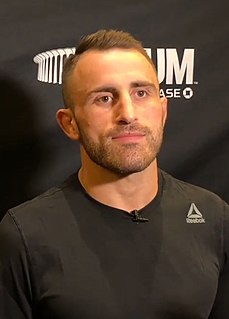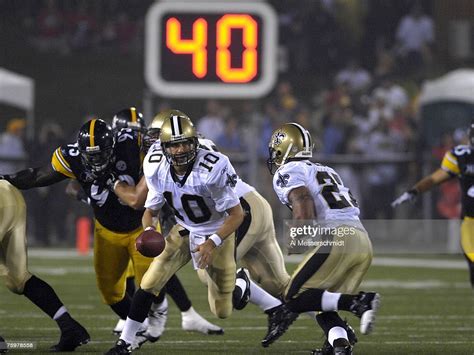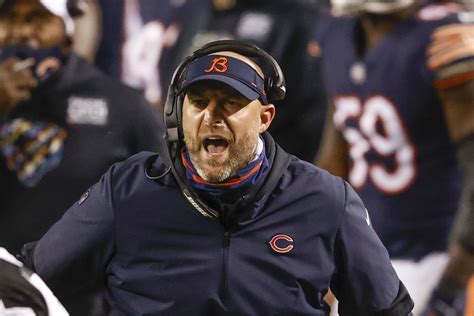A Quote by Reid Hoffman
No matter how brilliant your mind or strategy, if you're playing a solo game, you'll always lose out to a team.
Related Quotes
It's a game of failure [softball]. Everybody would play, that was easy and everyone's not playing because it is so tough. But it's a matter of keep plugging away, keep working hard, believing in yourself and it is a team sport and there is nothing better than being out there, having a ball in your hand, playing the game that you love and ultimately that's what it comes down is having fun and enjoying it.
Ultimately, what separates a winner from a loser at the grandmaster level is the willingness to do the unthinkable. A brilliant strategy is, certainly, a matter of intelligence, but intelligence without audaciousness is not enough. Given the opportunity, I must have the guts to explode the game, to upend my opponent's thinking and, in so doing, unnerve him. So it is in business: One does not succeed by sticking to convention. When your opponent can easily anticipate every move you make, your strategy deteriorates and becomes commoditized.
You can't just say, 'This team's going to win,' or 'This team's going to lose.' Anything can happen. So what you can control is winning your game as much as possible. If you don't do that, and then the other team has a chance to lose, and they lose, and you didn't go about it the right way, now you just let that slip.
I start from one point and go as far as possible. But, unfortunately, I never lose my way. I 'localize,' which is to say that I think always in a given space. I rarely think of the whole of a solo, and only very briefly. I always return to the small part of the solo that I was in the process of playing.
There's always going to be a lot of distractions in the NFL - that's just how it is; it's on the biggest stage - but really focusing on what I have to do now to help my team win, help me be at my best physically when I'm out there on the field and mentally, because that will ultimately help my team no matter what role I'm playing.
The worst team in baseball's history won only 55 games. The best team ever won 110 out of 160, so you're virtually guaranteed to win 1/3 of the time and lose 1/3 of the time. The difference is the 1/3 in the middle. You don't know what bucket the game you're playing falls into, so if you're smart, you'll fight like everything for all of them.
Playing with Aaron Rodgers, every time I went into a game you always felt like no matter what happens, he was going to bail you out somehow. He was that kind of guy. He was one of the three or four guys you have in the league right now that no matter where you are or what’s going on in the game, you have a chance with him.
I'm often asked how to start investing with little or no money. Please hear this as this is the hardest thing for people to understand: you do NOT invest with money! You invest with your mind! No matter what the field, your biggest asset is your mind. Once you have knowledge, you find deals, find your team and use other people’s money. You sell the deal and your team to get investment money.


































